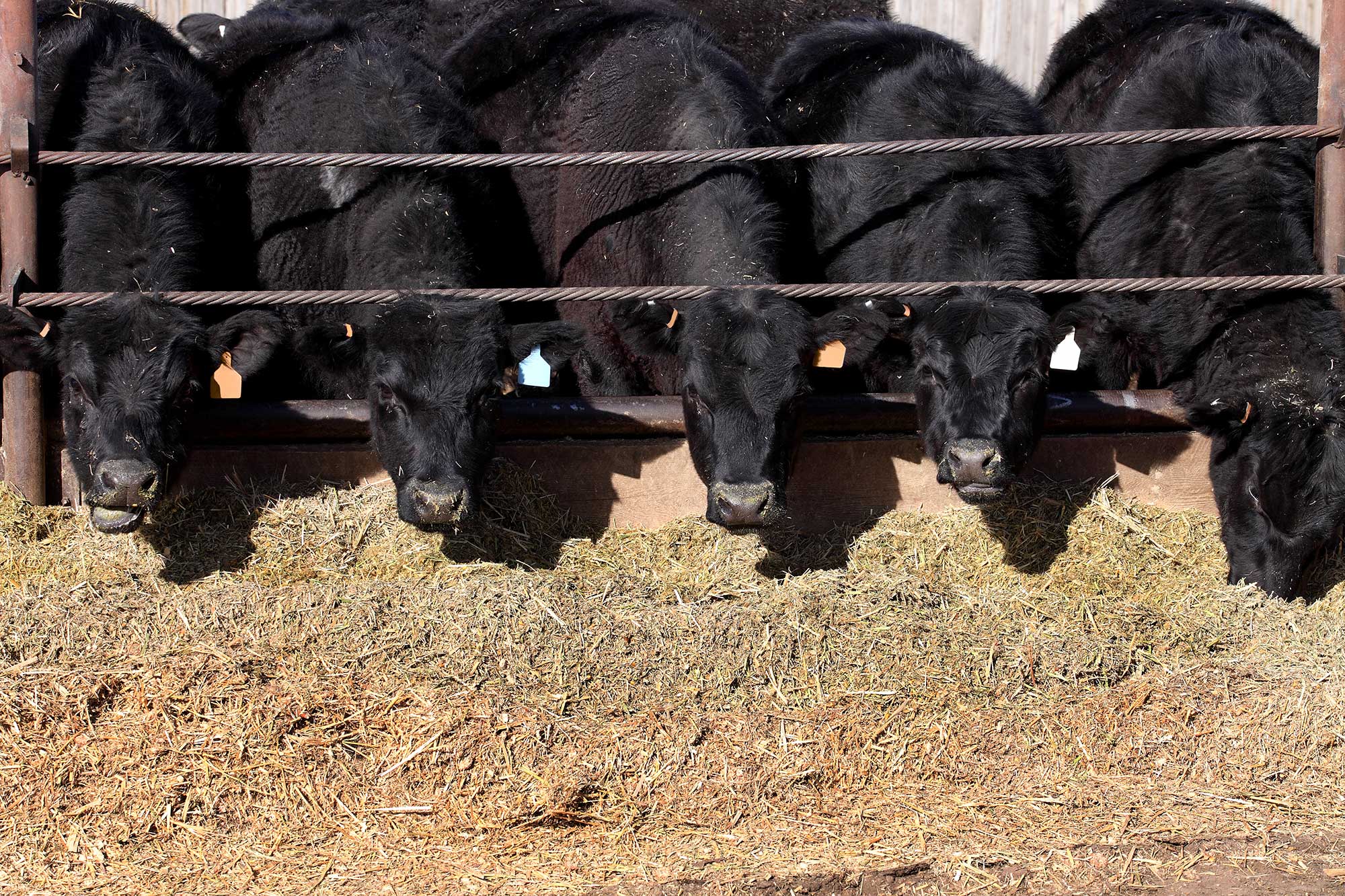Food-industry giant McDonald’s is partnering with protein producer Lopez Foods and global agricultural innovator Syngenta with the hope of increasing feed efficiency and reducing greenhouse gas emissions released per pound of meat produced.
One of the products at the forefront of this effort is Enogen corn, an in-seed innovation available through Syngenta. The company says that Ecogen has been shown to increase feed efficiency in cattle and thereby help reduce emissions intensity compared to other corn.
“At Syngenta, we’re convinced improving the sustainability of the global food system can be accelerated through innovation and collaboration,” said Justin Wolfe, President of Syngenta Seeds. “We’re proud of the great attributes of our Enogen corn, and how our work can help enable McDonald’s and their beef supply chain to deliver impact.”
Ambitious climate commitments mean that companies like McDonald’s and Lopez Foods may need to invest in climate-smart technologies like Enogen corn.
“McDonald’s is starting with a priority ingredient for our company — beef,” said Kendra Levine, Director of US Sustainability for McDonald’s. “We believe the innovative collaboration with Syngenta is an opportunity to help us make progress toward our science-based climate targets.”
Enogen corn, used for both grain and silage, contains a robust alpha amylase enzyme that quickly converts starch to usable sugars, delivering more available energy to cattle while being easily digestible. Increased digestibility of Enogen corn can result in increased feed efficiency, which is widely recognized as an important approach to helping reduce greenhouse gas emissions in livestock production systems1.

University research provided by Syngenta has shown that feeding Enogen as silage or grain can improve feed efficiency by about 5 percent Life-Cycle Assessment shows potential for environmental savings resulting from this increased efficiency, including lower emissions of greenhouse gases and lower use of land, energy, and water per unit of production.
Specific findings show that, per 1,000 head of beef cattle, this collaboration could potentially achieve annual savings of:
- 196 tons (178 metric tons) CO2e in GHG reduction
- 69 acre reduction (28 hectare) in land use for growing feed
- 6 million fewer gallons (22 million liters) of water used
- 231 thousand kilowatt-hours energy savings
McDonald’s plans to scale this program to help deliver over 164,000 metric tons CO2e per year.
According to Wolfe, sustainability is fully embedded in the global business strategy of Syngenta, with clear targets and an ambition that guides the company’s innovation, including advancements in Seed technology like Enogen.
Syngenta sustainability priorities include achieving higher yields with lower impact, regenerating soil and nature, improving rural prosperity, and establishing sustainable operations.
»Related: Golden arches vs. ‘big meat’: McDonald’s lawsuit leaves a bad taste


